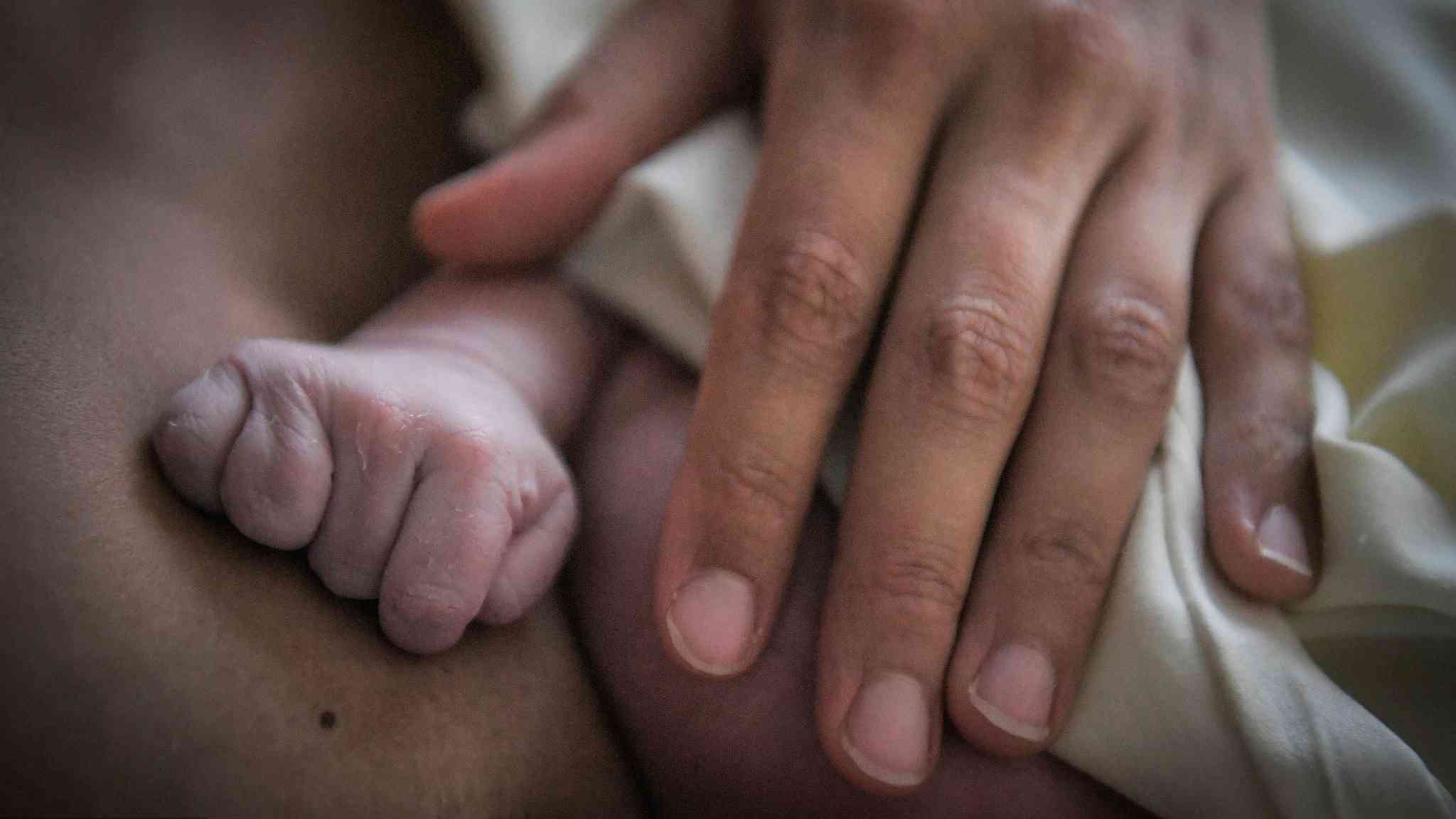
World
12:29, 01-Nov-2018
France investigates reports of babies born without arms in rural areas
Updated
12:12, 04-Nov-2018
CGTN

France has launched a nationwide investigation into why some two dozen babies have been born without hands or arms in a handful of rural areas since 2000 after several new cases were reported this week, the health minister said on Wednesday.
A separate investigation has also been opened into reports that calves and possibly chickens have been born without limbs in the same three heavily agricultural areas, an official said.
Public health agency Santé Publique France said it had identified 11 additional cases of babies born with limb defects between 2000 and 2014 in the rural Ain department of eastern France, near the Swiss border, where seven cases were already reported in 2009-2014.
There have also been malformed births in two departments in western France: four in the Morbihan, Brittany area between 2011 to 2013, and three in neighboring Loire-Atlantique in 2007 and 2008. Ain and Morbihan are several hundred kilometers apart.
The reports have raised alarm among the French public that some kind of toxin in food, water or air could be responsible.
"I want to know, I think all of France want to know," Health Minister Agnès Buzyn told BFM TV. "It could be an environmental factor. Maybe it is due to what these women ate, drank or breathed in."

French Health and Solidarity Minister Agnès Buzyn attends the Congress of the National Union of Communal Centers of Social Action in Nantes, France, October 15, 2018. /VCG Photo
French Health and Solidarity Minister Agnès Buzyn attends the Congress of the National Union of Communal Centers of Social Action in Nantes, France, October 15, 2018. /VCG Photo
An initial inquiry in early October found the incidence of limb defects in the affected regions to be no greater than elsewhere in the country, but now the probe has been widened.
The new inquiry will be run jointly by the health agency and the sanitation, food and environment agency, Buzyn said.
"It is very complicated, we need to investigate the history of families in cases which sometimes date back ten years or more," she said.
First conclusions were due by January 31, and a full report by June.
Epidemiologist Emmanuelle Amar, who first revealed the birth defects in Ain, said the only thing mothers of the affected babies had in common was that they lived in cereal-growing areas amid fields of corn and sunflower.
She said most of the defects had been reported between 2009 and 2014 and that since then there had been no new cases. She criticized the health ministry's initial findings and said congenital defects in the affected regions had been way higher than what would normally be expected.
The parents of a girl born without forearms in the village of Guidel, in the Morbihan, said the inquiry should focus on the 2011-13 period, when most of the cases appeared.
Amar said that in the Ain region farmers had also reported calves being born without tails and without flanks.
Hospital registries show limb defects occur in 1.7 of every 10,000 births, or about 150 cases per year in France. Birth defects can have multiple causes, including chromosome disorders, drug use or exposure to toxic substances.
(Cover: A mother holds her newborn baby at the hospital in Nantes, western France. /VCG Photo)
Source(s): Reuters

SITEMAP
Copyright © 2018 CGTN. Beijing ICP prepared NO.16065310-3
Copyright © 2018 CGTN. Beijing ICP prepared NO.16065310-3